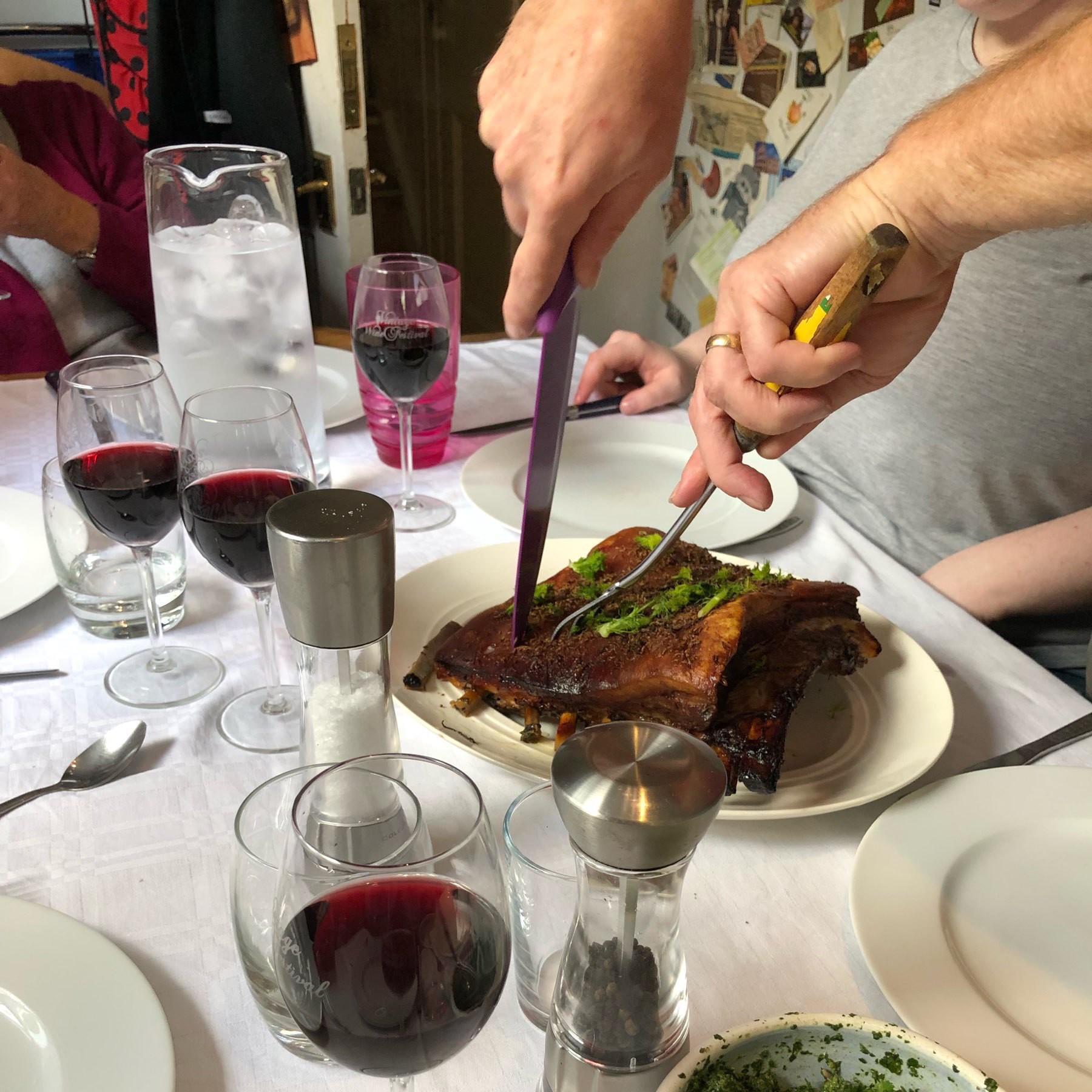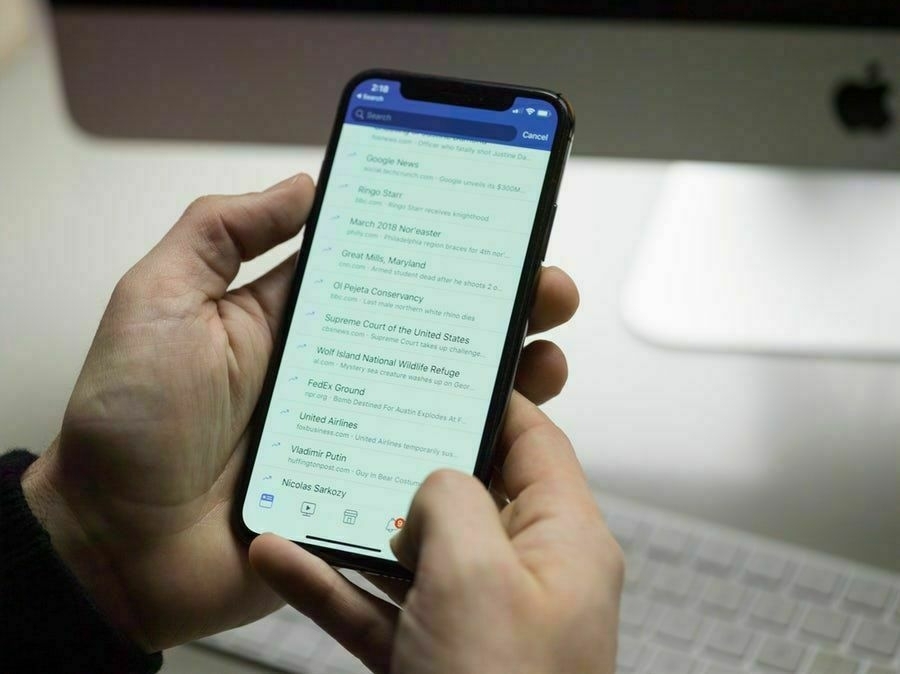Moving forward to the future with a circular approach
I grew up in the South of Spain in the 90’s, back then people were a lot more resourceful in my personal opinion, they didn’t have very much but what they did have, it was precious, valuable and they didn’t waste anything, it didn’t matter if it was food, clothing or household appliances; things were actually build to last and if they did break, things were designed and built on such way that they could be repaired so their usage could continue on.
So from that resourceful time were my family has lived everything from having donkeys on the streets, to carry the water that will come down from the nearest spring of water to now having cars on every driveway, they were telephones plug-in in the hallway and people have even walked on the moon. Everything seems to have be invented by then, it seems like my parents lived through the best times where all the big discoveries were made and all the good music was composed.
Only recently I come to realised that I was wrong, it’s incredible to see how far we’ve come as society and broke those standards that were completely normal back then to what’s normal now, not just cultural changes but we’ve experience that technological revolution were we now have smartphones in every pocket, driveless cars, space travel almost a past time for some people, things have moved forward at such a pace that we see as humans we’re contantly evolving, adapting and changing. On that note, we’re a unique specie and that all other specie adapt to their enviroment, adapt to their habitat and change to fit into that, as specie we actually change our enviroment and our habitat to suit us better. We’ve been doing that for so long that we gained such dominance on our planet that no other specie before has had, with great dominance comes great responsability; it’s very easy to argue that with the past years and decades we’ve not been good keeping up with that responsability.
How do we change that story so when we move forward to the future we can create a society that is more resourceful and with less waste in it?
First of all, we need to take a look at what we have now. We live in a society that follows a linear model of take, make and dispose; so it’s taking the resources from raw material from the earth, it’s making products out of them with a manufacturing process and then at the end we dispose, creating massive levels of waste.
When we look at that line we see that there’s a number of problems in each area, at the raw materials level we’re extracting the materials at a rate that is faster that they can be replenish to the extend that we’re actually running out of some critical raw materials already, other things that we consider a given like sand in the construction sector is becoming problematic. We don’t need to wait until we run out of materials until we make a change. When we decide to look at the other end of the line we can see that we’re producing mayor amounts of waste, large amounts of pollution, one of the studies shows that at the current rate our oceans will have more plastics than fish by 2020 so we need to take action to change this models. In the middle of this we have this manufacturing and processing that is driven by fossil fuels they themselves are a natural resource but unfortunately by using them they release these emissions that are drop on our atmosphere and are driving cathastropic climate change, the effects which we’re already seeing across the planet.
An alternative model goes beyond a line, it goes in a full circle, it’s what we know as circular economy. This circular model is not about turning the line and converting it into a recycle model, it’s more systemic than that, it’s a more fundamental and radical change on how we think, behave and how we consume.
First of all, we need to short that line, we need to stop extracting raw materials from the ground and stop producing waste at the other end. After that, we have a very different model, one that we call secondary raw materials, which is stuff that is already in the system that is being used. If we take a look at the circle and we take a look at the features, we find what is called eco-design were products are designed to be repairable and built to last and they have a third element which is products that are designed on a way that after their usage is finished you can take them apart and get back down to the very core of their components and take all the raw materials that the product was made of, so we retrieve the materials from the products rather than extracting the materials from the ground. What this looks like for us as users and consumers it’s a shift on our behaviour, we change the idea of ownership and instead of owning something, we actually become users. One quick example of this it’s your smartphone, instead of replacing your smartphone when it goes out of style, breaks or you just simply want a new one, the circular model it’s more of a leasing model, the manufacture of the phone company lends you the use of the service, whatever that might be, sending messages, scrolling on social media endlessly, jumping around on YouTube… Whatever use you give to your product, you can continue using it until it’s full, breaks or you want to change it and when you do instead of throwing it away it goes back to the manufacture as resource for them so the device could be either repaired, sold again or taken apart so the vital raw materials could retain a value because once we have retained value within the materials and products they no longer become waste. Within the circle there’s an impact to the manufacturing, of course we will need to switch to renewals to make an impact on there but also it means that instead of manuafacturing in one part of the world and shipping products all over the place, we can start to think about growing local economies and think about localising this manufacturing that brings jobs and prosperity to areas that traditionally might not have had them.
There’s great multiple benefits across the entire circle as we move into that type of model. It’s not just a mobile phones or smartphones that we can talk about in terms of change of ownership, some companies have already started to embrace this circular model even Philips who provide lighting, on some of their contracts instead of providing physical ligthbulbs they provide the service of lightining and they’re in charge of maintaining the service, making sure that they replace any bulbs that are broken and making sure that the raw materials are reused in their chain. We can look at the model of clothing for instead of Mud Jeans, a company from the Netherlands, were you pay a subscription to have your jeans made of organic and recycled denim, once you’re done with your jeans they shred them into small pieces, blend them with organic cotton and turn them into new pairs. Cutting down on water and waste.
We shouldn’t be wasting things, we should be retaining the value in products and on what we have, it’s a no brainer. Models like this gives me great hope as we move into the future on how stories are going to develop for future generations.
Thanks for reading 👋

